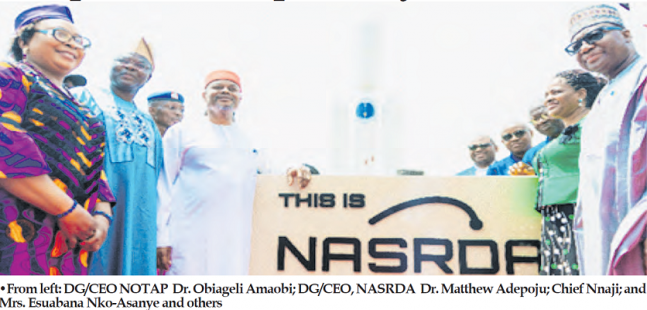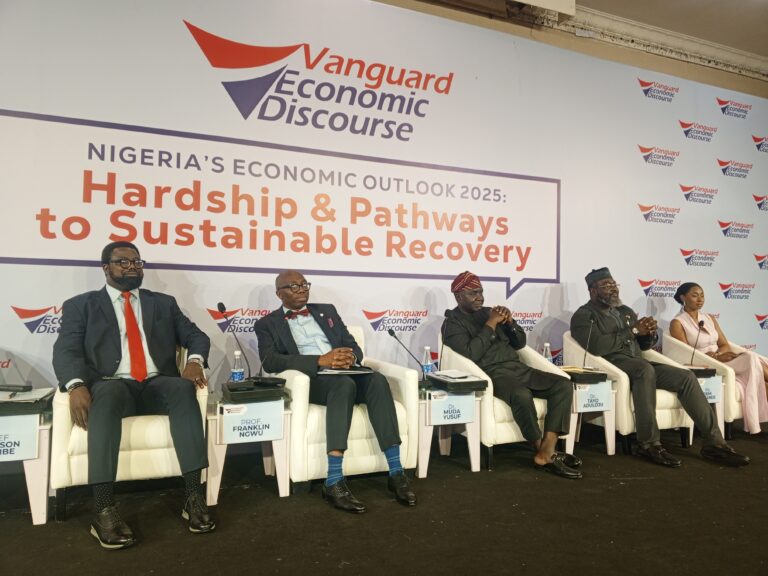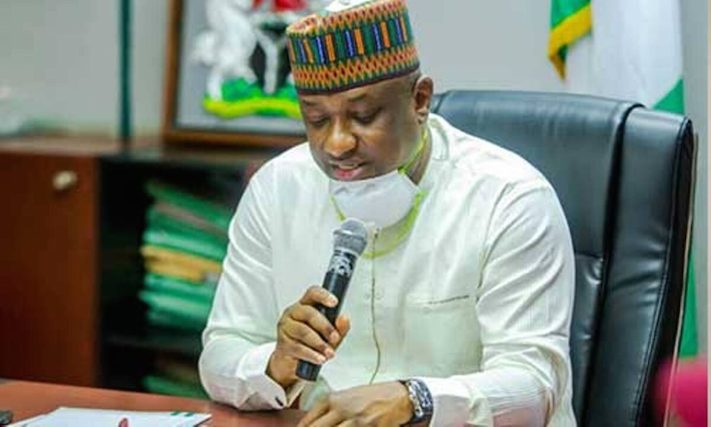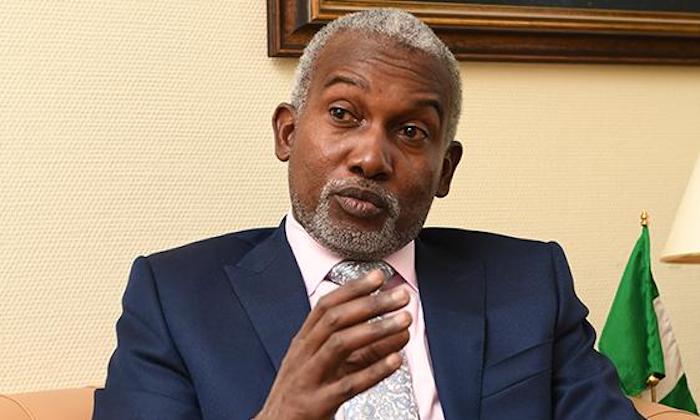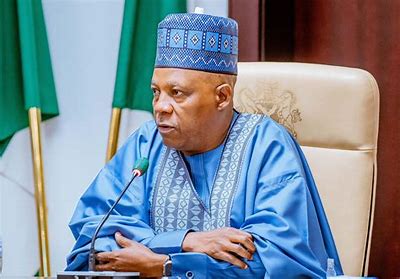Minister of Innovation, Science and Technology, Chief Uche Nnaji, has said Nigeria would tap into economic promise of space exploration.
He said this at a stakeholders’ workshop on the implementation of the 2015 regulations on licensing and supervision of space activities in Nigeria, held at Obasanjo Space Centre, (NASRDA), Abuja.
Nnaji said: “Space is no longer an exclusive domain of dreamers — it is a domain of serious business, innovation and national security. From satellite communications and remote sensing to navigation and data systems, space is now central to modern economies.
“Federal Government is determined to tap into the economic promise of space by attracting local and international investment, generating revenue through efficient licensing and oversight, enhancing national security through better regulation of orbital assets, and supporting indigenous innovation in science and technology.
“Nigeria must not only participate in the global space economy — we must compete and lead. A modern space economy needs modern regulation. Through these updated rules, we will streamline licensing and supervision for fairness and clarity, protect orbital and frequency resources for national benefit, mitigate the risks of space debris and congestion, and uphold our obligations under international space agreements.
Government cannot do it alone. Sustainable growth in the space sector depends on strong public-private partnerships, robust academic collaboration and alignment with global best practices. Let us take this opportunity to build a legacy of excellence in space science and technology.”
Director General/Chief Executive Officer, National Space Research and Development Agency (NASRDA), Dr. Matthew Adepoju, said: “The space industry has witnessed growth in recent years. The increasing number of satellites and other space-based assets is transforming how we communicate, conduct business and secure our national interests. Nigeria, as a forward-thinking nation, must ensure space activities within our jurisdiction are regulated, commercially optimised, and in compliance with international best practices.’’
“Regulation is not just about governance; it is about creating jobs and business opportunities, fostering innovation, ensuring security, and generating revenue for sustainable development. The role of NASRDA under the Federal Ministry of Innovation Science and Technology, is therefore, critical in ensuring that all space activities within and above Nigeria territory are appropriately licensed, monitored, and controlled from upstream to midstream and downstream.
“The success of Nigeria’s space industry depends on our ability to develop a robust, regulated, and sustainable ecosystem that fosters both public and private sector involvement, protection of investment, compliance with safety and international treaties.”
One of the guest speakers, Dr. Olisa Agbakoba (SAN), said, space can play a critical role in national economy. He said: “you have to have an understanding of the links of space to the national economy. The second critical thing is to understand the economic potential, very important and sometimes it’s not often understood that space is a huge sector, for instance according to the NBS the contribution of space to national economy is only 0.2, that’s too low.
“Elon Musk who is making all the noise in America is selling us Starlink, I hope you know. I don’t know if he is paying his license for the constellation of space objects. There’s a rivalry which must stop between NASRDA and the NCC. They are doing two different things, NASRDA is responsible for space objects, NCC license services, so Musk has gone and paid services, that’s why you have Starlink. I should ask the DG if he’s paying for his constellation of satellites and if not, what are we doing about it? If you want to make money and you have 90 percent of people bringing their satellites, communication satellites, all the guys bringing satellites to do seismic studies, why should Nigeria depend on foreign satellites to know the amount of oil and they don’t pay? So this is the leaking process. So you can’t make money unless you absolutely have a plan.
“It’s not so much about the licensing thing, it’s a bigger issue. The big issue is how do we connect space to the national economy? Because if we do that effectively, then the licensing issue would not be a problem.
“The global space economy will meet about 1 trillion dollars in 2030. Where will we be is the question. We can capture a huge chunk of the market but we have to have the right regulatory, legal, and institutional frameworks in place. Right now the framework is a bit weak. There’s a lot of legislative gaps which I think Mr. DG will, I’m sure, strive very hard to close. The NASDRA Act is actually not a space act. It’s more of an establishment act, what they shall do. It doesn’t talk much about space. So I would recommend you read the South African one, the UK one, and you’ll see that there’s a need to have a very, very robust act that covers all the field.
“The national space policy is outdated. The National Space Research and Development Agency Act is outdated. Even the regulation on licensing and supervision of space activities, 2015, is already outdated. So, you can see that the governance framework is in terrible need of repair. The national space policy needs to be upgraded.
“It’s not easy to say Nigeria wishes to become one of the 10 most industrialized nations in the world by whatever year. Every sector of the system would have to work. So the space sector would have to work. So the challenge here is what will the percentage contribution to GDP be in relation to the space sector? That’s the challenge.”
In his speech, Dr. Umar Buba Bindir emphasized the need to translate research and innovation capabilities into solving national problems.
He said: “So many Scientists, many of you are professors, and you have the ability to do many, many things. If you are a scientist, you study very well, you publish papers, you become professor, what actually is your importance? If you continue producing this whole people here, everybody, including the Honorable Minister, is a professor, I am telling you, you still have to import rice from Vietnam.
“You have to add value to that particular knowledge, and the process for doing that, that is what takes you to the house of technology and engineering. These are people who can convert the knowledge of the sciences into solutions that can solve your problem. Now, this is, in our technical sense, called intellectual property. It means you have now translated the work of your brain, and you can show the usefulness for you to employ people, to create jobs, to create wealth. All the trillion dollar GDP is possible. If you don’t have this translation, it’s not going to happen.
“Innovation is not creativity and intelligence. Innovation is connectivity to the market. When you hear on innovation index, this country is high, check, you will see that they’re generating jobs and money and green things. Nigerian scientists, don’t just do whatever you like, do science that is relevant to Nigeria, and then work on that knowledge so that we will have Nigerian technology, so that we use that technology to create jobs and peace and so on and so forth.”

